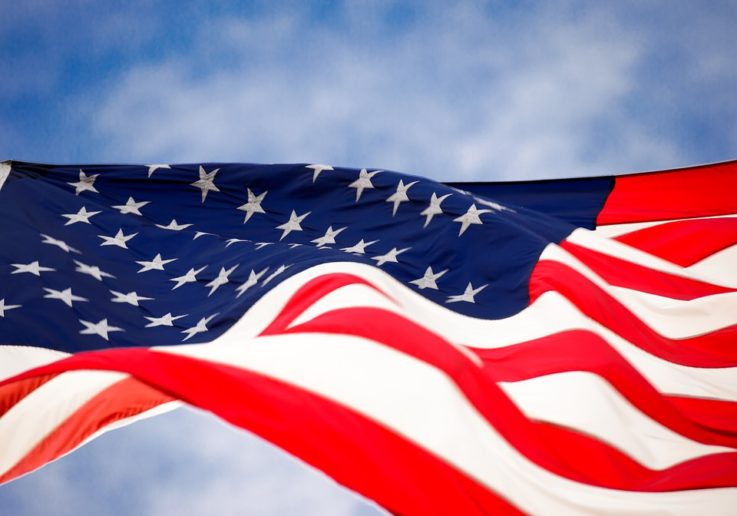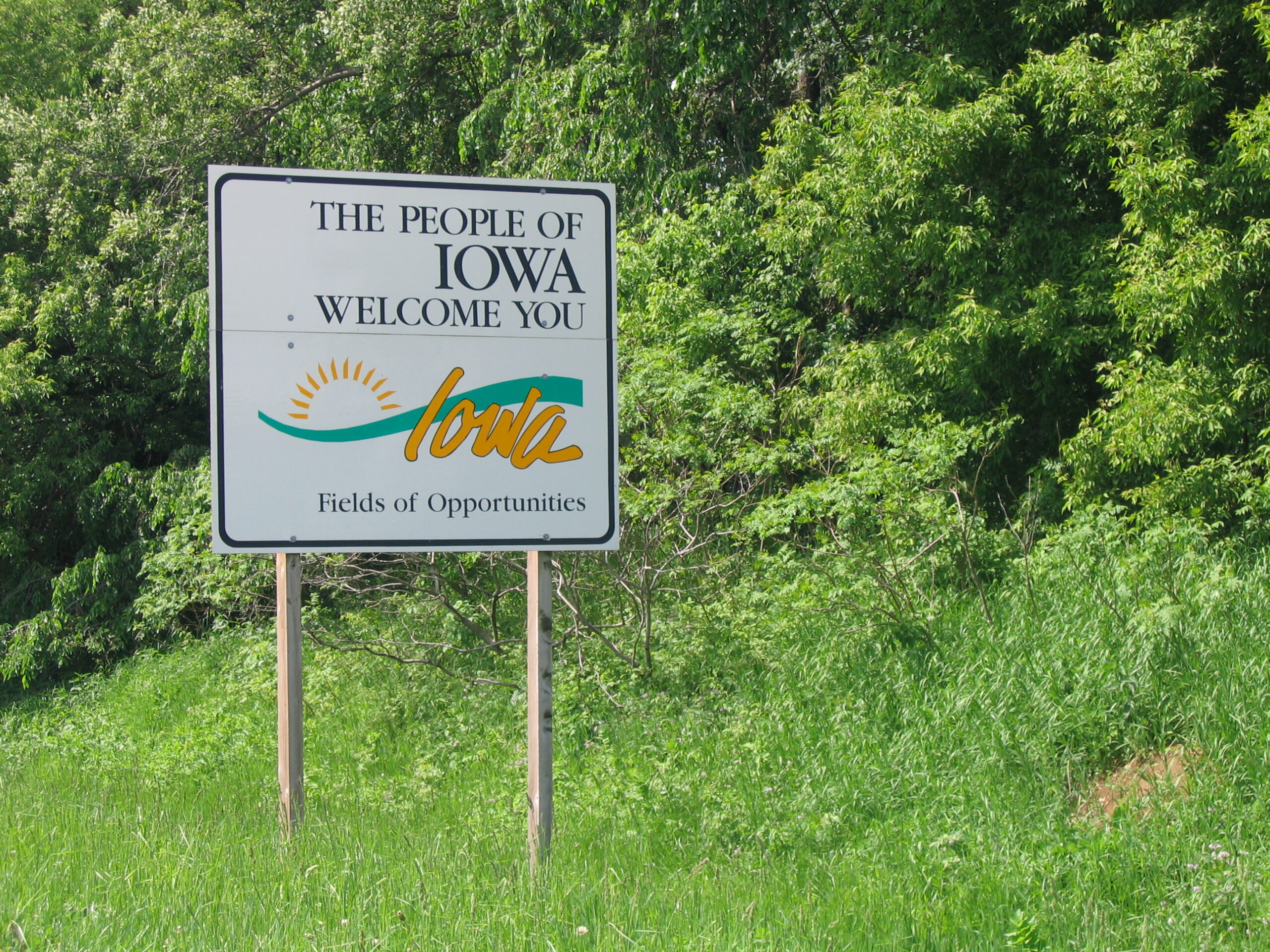The medical marijuana revolution has gained some serious traction in the last few years. It started with a slow trickle all the way back in 1996, but as of the end of 2017, 29 states have legalized MMJ, with the majority of those laws coming into effect within the last decade. The trend seems to be very much in favour of legalization, with recreational use also coming up fast behind. But the question many advocates across the country are asking is: who will be next in line to pass the crucial legislation?
West Virginia was the most recent place to make the leap, and was the only state to join the cause in 2017. Because each state has their own laws, and because the process of introducing medical marijuana is a hot topic in most places, with plenty of debate and strong positions on both sides, it takes a long time to see the process through to completion. Fortunately, the majority of states now have turned the tide in favour of medical marijuana, so the rest should follow sooner or later. That’s the good news.
The bad news is that it’s taken over 20 years to get to 29 states, and among the remaining 21 are some hard-line conservative areas that are against marijuana legalization of any kind, let alone decriminalization. So while the figures and statistics might look encouraging, and 29 states in the bag is certainly an encouraging number, it should be remembered that for West Virginia’s lone passing of their MMJ bill, there were 13 states who postponed or denied the legislation in 2017. These were Indiana, Kansas, Kentucky, Mississippi, Missouri, Nebraska, Oklahoma, South Carolina, Tennessee, Texas, Utah, and Virginia.
Included in that number are a few unsurprising states, who traditionally take a conservative stance against the more liberal leanings of MMJ pioneers like California and Colorado. But there were also some surprises in there; Utah, with its proximity to both the aforementioned states, is surrounded by relaxed MMJ laws, and was thought to be a frontrunner in the race for the next state to sign up. Nebraska also looked all set to be a serious competitor in that race, much to the surprise of the rest of the country, as it’s traditionally seen as a Republican stronghold. However, their bill fell through in May of this year, when it was no longer viable for the 2017 session; though it will carry over to 2018.
The good part of all this failed legislature is that people are at least talking about MMJ laws in states all across the country. These bills are up for debate, with residents and governments taking their meanings and implications seriously. Those who advocate for medical marijuana will no doubt see the legislature pushed through again, hopefully next time with a different, more positive result. But among all the stalling was one state who technically put an MMJ bill through this year, and will more than likely see some form of the medicine go statewide in 2018: Iowa.
Technically, the state passed the bill in May 2017, making medical marijuana legal in Iowa. But the MMJ laws have yet to be implemented, and the state is still trying to figure out the exact specifics of the law, such as what forms of MMJ will be allowed, and who exactly will be allowed to produce and dispense the drug. Despite this delay, plans are being implemented for widespread dispersal, with the state selecting the first official state medical marijuana manufacturer at the end of November. However, this is with a view to solely legalize the oil variant of MMJ, a form of medical marijuana that has been proven to be less effective than smoking.
Hot on Iowa’s heels are two other states that could potentially be the 30th state to legalise MMJ. They are Wisconsin and North Carolina. Both states have pending MMJ legislation with their governments that will carry over into 2018. Studies show that 74% of North Carolina citizens support the legalization of MMJ, a strong, significant majority that might help to convince politicians and push the bill over the edge.
So whether it’s North Carolina, Wisconsin, or Iowa, or indeed any of the other states who are close to passing an MMJ bill, it’s clear the MMJ revolution will certainly not end with only 29 states on the board. There will be a thirtieth, and a thirty-first beyond that, and so on and so forth. The real question is whether the country can unite all 50 states under the medical marijuana banner, and if that mammoth task can be managed, how liberal each legislature will be. Whatever the outcome, it’s clear the medical marijuana tide is turning and turning fast; and that can only be good news for the millions of patients across the country who can benefit from its multi-faceted properties.


